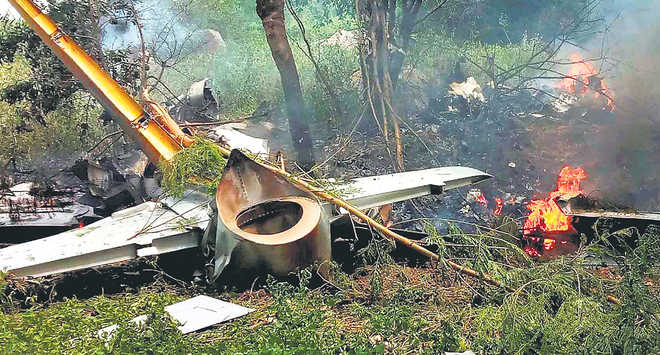Integrate the three services to improve efficiency
The recently-concluded Doklam standoff is a stern warning of the importance of a credible military capacity. One of the continuing problems in the Indian military is the excessive number of civilian personnel in its ranks. This means that despite the impressive statistic of having a million plus military, less than half are combat personnel. The Narendra Modi government has reportedly ordered the implementation of many of the recommendations of the Shekatkar committee which seeks to redress this problem. If properly implemented, it would result in India adding an additional three divisions without having to increase the number of overall personnel.
The Indian military’s ‘tooth-to-tail’ ratio stands today at about one soldier to 1.15 civilians, when the number should preferably be reversed. A McKinsey study, using 2008 data from the Institute of International Strategic Studies, showed that in Israel the combat plus combat support component of the military was 44%. Relatively, Japan scored 40% while China had a figure of 34%. India, however, came in at a lowly 25%. Similar recommendations have been made over the decades. The Krishna Rao committee was able to abolish stretcher-bearers and animal transport units in the 1980s. But the real reforms required are still being avoided. The most important is the integration of the three services. For example, the army, air force and navy wastefully have their own separate logistics networks which results in considerable redundancy. Tri-service integration and the creation of theatre commands remains a bridge too far it seems even though it would arguably do more to enhance India’s combat readiness than almost any other policy change.
At least the military will have a powerful incentive to do its best to implement the changes. Military reforms are among the most difficult to carry out because of the sensitivities concerned and the web of vested interests that will oppose change in any form. Given their importance to national security, however, the government would do well to put the Shekatkar recommendations on the fast lane.














 AFP FILE
AFP FILE




























































